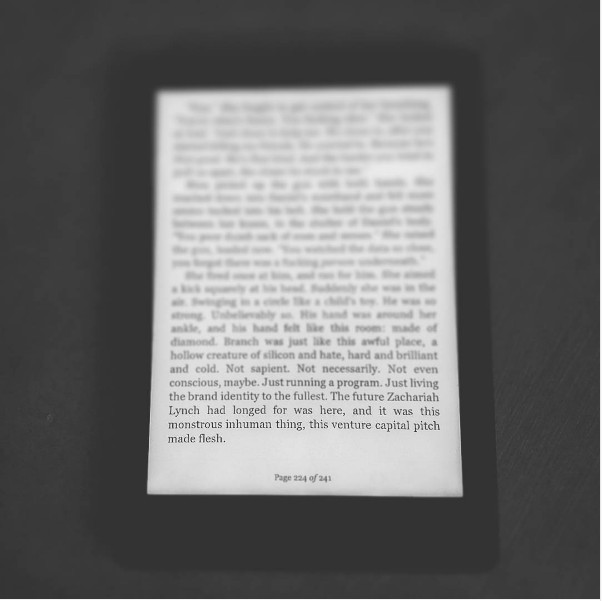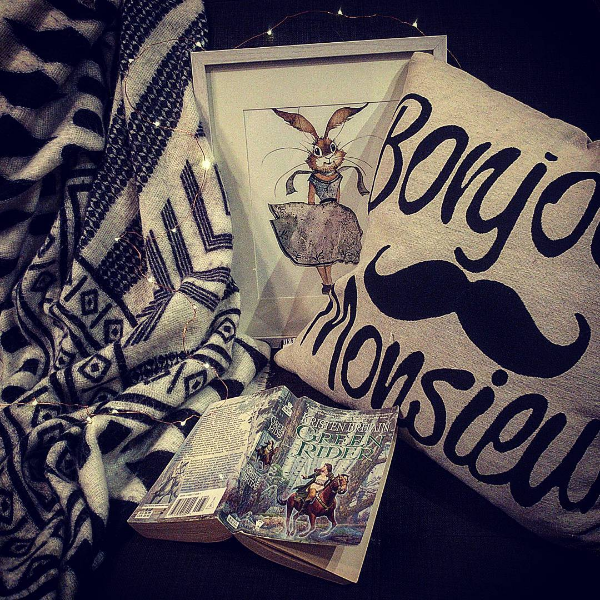
Company Town by Madeline Ashby is a surprising, fantastically original work of urban science fiction. Set in a futuristic rig town off the coast of Newfoundland and Labrador in Canada, it revolves around Hwa, a young, half Korean woman who is one of the few people left in her world who are wholly unaugmented. As a pure organic without any of the benefits of a tech upgrade, and who has a potentially debilitating condition with a conspicuous disfigurement, we might expect Hwa to be weak or downtrodden. Instead Ashby has given us a character with enough determination – and stubbornness – to hack out a role for herself in a world where she is always at the disadvantage.
Hwa, thanks in part to her hard-won strength and fighting skills, and thanks in part to the fact that as a pure organic she is unhackable, is assigned by Daniel, her new boss, to be the personal bodyguard of Josh, the heir-apparent to the giant corporation that now owns her town. Together Hwa, Josh and Daniel fight to keep Josh safe while introducing him to the real life outside his privileged bubble, and attempting to solve a three-year-old mass murder, catch a serial murderer, foil the plots of despotic fathers and humanity’s heirs, and even fall in love. The climax and resolution are unexpected – a true plot twist. And they make you re-evaluate everything that went before.
If that sounds like it’s a lot to fit in one book, then you’re right – it is. At times the plot feels crowded and a wee bit hectic. There are some threads that are unnecessary and distracting. You should still read it – I promise you won’t be disappointed.
One of the many excellent features of Company Town was the impressive, but not oppressive, world building. It was rich, and detailed, and it all fitted seamlessly together. There is enough detail about the world to make sense of it, but not enough to be distracting.
The best books make you look at the world around you from a different perspective, and challenge even your most basic preconceptions about reality. Good speculative fiction does this more than most, stripping away the mundane and the familiar until all you’re left with is the stark framework of humanity and its beliefs and quirks and madnesses. Reading Company Town encourages us to confront some of the most pressing questions today’s society is grappling with.
What makes someone succeed? Is it what they’re born with – looks, privilege, money, talent – or is it determination and hard work? What if that hard work comes in the form of creating technical enhancements to make our minds and bodies more efficient?
Should the sex trade be legal? Do we currently care more about the appearance of morality than about keeping those involved in the sex trade healthy and safe?
What is the role of corporations in our world? Do they have the same rights as people? Do they get to determine the course of our existence just because they are more powerful than we are as individuals?
What does it mean to be human? Are AI’s persons? Are we somehow less human if we are genetically modified before we are even born? Will technical enhancements make us more machine and less human? What really makes us us?
Company Town ended on a cliff-hanger, with a lot of the plot unexplained, and there is most definitely more story for Hwa to tell. Hopefully we get a follow-up.




